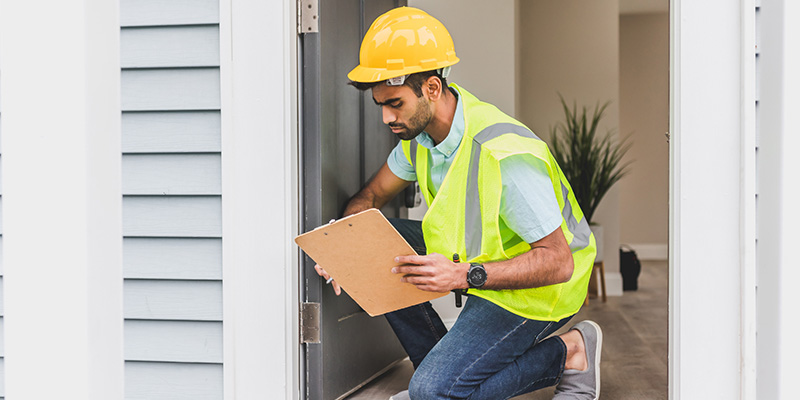
Factors That Affect the Cost of Residential Spray Foam Insulation
When it comes to insulating a home, homeowners have several options available to them. Spray foam insulation is a well-known technique that can reduce homeowners' energy costs and improve the comfort of their homes. However, depending on a number of factors, the price of residential spray foam insulation can change. In this article, we will explore the key factors that can affect the price of residential spray foam insulation.
- Labour - The cost of labour is one of the most important variables that can affect how much residential spray foam insulation costs. Spray foam insulation installation need for specific tools and experienced professionals who know how to use them. As a result, labour expenses may be higher than for insulation made of cellulose or fibreglass.
The experience of the contractor, the difficulty of the work, and the project's location are just a few of the variables that will affect labour costs. Contractors in urban areas with higher costs of living may charge more for their services than those in rural areas.
- Quantity of Materials Required - The amount of spray foam insulation needed for a project will also impact the overall cost. The quantity of materials required is typically measured in board feet, which is a unit of volume that is equivalent to one square foot at a depth of one inch.
The amount of insulation required will vary depending on the size of the area that needs to be insulated. The quantity of materials required will also depend on how thick the insulation is. More board feet will be needed for thicker insulation than for thinner insulation.
- Project Location - The project's location can have an impact on the cost of the home spray foam insulation. Living and operating expenses can differ greatly from one place to another. In general, contractors in urban areas with higher costs of living may charge more for their services than those in rural areas.
In addition, the local climate can affect how much insulation costs. Homes in colder climates would need thicker insulation to retain heat, which will cost more in labour and materials. Homes in warmer climes, on the other hand, would need less insulation, which could reduce the overall cost.
- Building Regulations Requirements - The price of residential spray foam insulation may also be impacted by building requirements. Contractors may be required to abide by specific construction laws and regulations depending on the region where the project is located. These restrictions might call for particular insulation kinds or installation methods, which could raise the project's overall cost.
- Project Size - Last but not least, the cost of residential spray foam insulation may vary depending on the project's size. More supplies and manpower will likely be needed for larger projects than for smaller ones. Additionally, more specialist equipment might be needed for larger projects, which would raise the overall cost.
It's worth noting that while larger projects may be more expensive upfront, they can also provide more significant energy savings over time. By insulating a larger area of the home, homeowners can reduce their energy bills and recoup some of the upfront costs of the insulation.
Get the Best Possible Price for Your Project - Free Consultation
In conclusion, several factors can impact the price of residential spray foam insulation, including labour costs, the quantity of materials required, the project location, building regulations requirements, and project size. Homeowners should work with a qualified contractor to assess their insulation needs and determine the best solution for their homes.
To get the best possible price for your project, contact us for a Free Inspection and quote for your project today!


